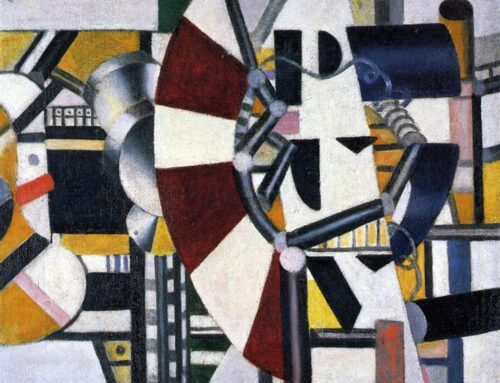Handwriting, typing, word-processing, texting: an evolution, or devolution, of understanding. How the loss of writing out thoughts by hand is a sign of existential estrangement.
It is not accidental that modern men and women write “with” the typewriter and “dictate” [diktiert] (the same word as “create poetry” [Dichten]) “into” a machine. This “history” of the kinds of writing is one of the reasons for the increasing destruction of the word. The word no longer comes and goes by means of the writing hand, the directly acting hand, but by means of the mechanical print the hand releases. The typewriter tears writing from the essential realm of the hand, i.e. of the word. The word itself turns into something “typed.” Where typewriting, on the contrary, is only a transcription and serves to preserve the writing, or turns into “print” something already written, there it has a proper, though limited, significance. In the time of the first dominance of the typewriter, a letter written on this machine still stood for a breach of good manners. Today a hand-written letter is an antiquated and undesired thing, for it disturbs quick reading. Mechanical writing deprives the hand of its rank in the realm of the written word and degrades the word to a means of communication. In addition, mechanical writing provides this “advantage,” that it conceals the handwriting and thereby the character. The typewriter makes everyone look the same.
Martin Heidegger, lectures on Parmenides (1942/43), trans. A. Schuwer and R. Rojcewicz, revised.






Leave A Comment